There are many reasons to contact a counsellor/therapist, whether you are going through a difficult time in your life or you are just checking in as part of your self-care routine. It is especially important in our fast-paced and technology-driven society to take a moment and see if your mental health needs are being met—and if they aren’t, it’s good to know when to seek counselling help.
1. Trauma
Any kind of emotional or physical trauma that has happened in your life, whether it be abuse, the death of a loved one, or say a car accident—all and any traumatic events need to be healed.
When you’ve been in a car accident, for example, you could discover afterwards that your previous traumas come to the surface and you’re having triggers while driving, or even be afraid to get behind the wheel again. Trauma counselling can help you to cope with these triggers, process your traumas, build your confidence back, and get you back to your normal life
2. Self-Acceptance
Many people experience self-esteem challenges. They also feel shame and guilt in regards to their experiences As a result, you may feel like you do not receive happiness or joy. Your counsellor will be able to convey that message to you through an unconditionally accepting relationship and by using Cognitive Behavioural Therapy tools. Receiving counselling can enable you to start your journey towards self-love, self-acceptance, and self-compassion.
3. Assertiveness Training
Whether you are having issues in your marriage, or perhaps you’re having trouble connecting with other loved ones or friends, relationship counselling can help improve communication and strategize ways to deal with situations that arise. Oftentimes, clients may have trouble with expressing their feelings to others. They may struggle to be assertive when their boundaries are crossed. Your counsellor will support you and give you practical tools when those challenges come up.
4. Parenting
We can find ourselves reverting to how we observed our parents treating us in our childhood, and sometimes that’s unhealthy. Parenting can help to connect with our children and find other ways to establish a healthy relationship with them instead of reverting to old and negative patterns. Sometimes parents and children can get stuck in negative loops in which both parties feel hurt and defeated. Our counsellors often use a combination of play therapy and behavioural schedules to help the children and their parents.
5. Life’s Purpose
Sometimes we forget what it means to live our lives to our fullest potential. This is the time to self-reflect, find out who you are on a deep level, and uncover the passions buried under your busy life. Our counsellors are trained in Existential Counselling, which emphasises on the importance of finding your meaning. That being said, finding your purpose can be an anxiety-provoking process. Our counsellors will be able to help you with this journey.
6. Self-Care
When life gets busy, we start neglecting ourselves and we forget to engage in those activities that make us feel better. These activities could be journaling, going to the gym, creating art, or anything else depending on the person. Counselling can help you to get back to that balanced schedule that you require in order to feel better. Regardless of what your challenge is, self-care is one of the most important steps towards recovery.
7. Forgiveness and Letting Go
When you grief process is undone, you may often find yourself overwhelmed with negative emotions towards certain individuals. This just means that you have some more work to do. Holding a grudge can have emotional and relational consequences as well as physical ones. Some people develop psychosomatic pains, which is the pain caused by your negative emotions rather than a physical disease. By attending counselling sessions, you can learn to resolve these issues and find closure and healing in order to be able to let go.
8. Mood Disorders and Personality Disorders
End the stigma. Mental health is just as significant to one’s well-being as their physical health. Counselling can help deal with your emotions and find the tools to cope with triggers and depressive or manic episodes, communicate your needs to others, and so much more. Mood disorders and personality disorders are never something we choose, and they’re not something that can necessarily be fully get rid of either. However, by using different counselling therapies and coping techniques, you may be able to get a handle on your mood or personality disorder.
9. You Are Worth the Fight
When life’s challenges come up, sometimes people feel hopeless and defeated. They feel like nothing could get better. However, that is an illusion. As the famous saying by Winston Churchill goes, “Success is not final, failure is not fatal: it is the courage to continue that counts.” Therefore, wherever you are, whatever you do, keep going even things get hard. Counsellors are not magicians; they will not be able to make your emotions or challenges magically go away. However, when the going gets tough, they can stand by you and give you some tools that make things more manageable. You are worth the fight.
Joined Attribution from Yasaman Madanikia and Creative Commons: Permission is granted to repost this article in its entirety with credit to Expressions Counselling and a clickable link back to this page.











